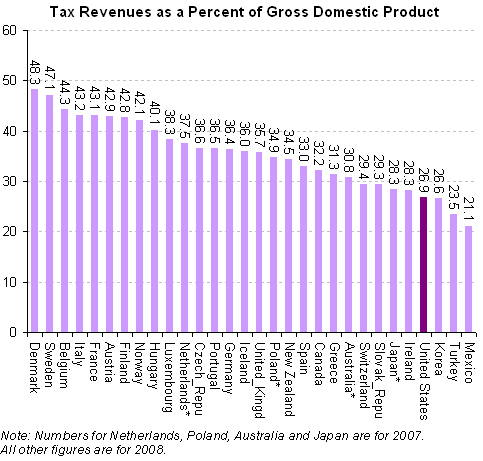In “Women and Their Hair: Seeking Power through Resistance and Accommodation,” Rose Weitz* discusses how women use their hair — its color, how they style it — to send messages about themselves. For instance, some women with professional careers (lawyers, etc.) talked about cutting their hair shorter because they felt they’d be taken more seriously if they downplayed their femininity. African American professionals said they often straightened their hair to counter the stereotype of the “angry Black woman.” Hair styles may also send signals about our political views or religious affiliations.
I thought of that article when I saw a video sent in by Tom Megginson (author of the blog Change Marketing). The video was produced by HairLoss.com; they describe it as a public service announcement. From a story at PRWeb:
HairLoss.com, the Internet’s most comprehensive resource for unbiased consumer information and education concerning hair loss solutions and conditions, has released the second of a series of animated, one-minute-long public service announcements titled “Hair is Important”.
According to Michael Garcia, spokesman for HairLoss.com, this second video release “aims to illustrate to the public that men and women who are trying to restore their hair are really trying to restore much more than just their hair.”
Here’s the video:
The video illustrates Weitz’s point: hair is presented here as a way to “project who we are, what we believe in…and how we view the world.” The right hairstyle — which clearly means having hair — gives you the confidence to do something extraordinary. A lack of hair keeps us from “looking like ourselves and feeling like ourselves again.” If you go bald, you’ll lead a sad, lonely life and won’t get married.
HairLoss.com sponsors a video contest. Part of the description:
Create a 60-second “Public Service-Style Announcement” that captures one or more of the following ideas and concepts:
- Hair Loss is no Laughing Matter.
- Restoring Hair is about Restoring Life
- Hair is important.
- Accept Your Hair Loss (I am More than my Hair)
- You may also create a video designed around your own compassionate and positive message.
The fourth option in that list — Accept Your Hair Loss (I am More than my Hair) — is an interesting contrast to the others. Clearly hair loss is presented as problematic by the organization; it’s “no laughing matter,” getting it back “restor[es] your life,” and hair loss may require compassion…something you generally feel toward people facing a serious difficulty. Throwing in the option of accepting hair loss feels like women’s magazines that have a one-page article on accepting your body, surrounded by pages of articles on dieting and using fashion to camouflage your “problem areas.”
A HairLoss.com rep also warns that you may not realize how miserable you are if you’re experiencing hair loss until you find a cure to your sad condition:
“Restoring hair is about restoring self-confidence and self-esteem,” said Garcia. “There’s an emptiness that follows losing one’s hair. Oftentimes, the hair loss sufferer doesn’t even realize just how much they have lost, besides hair, until they find a solution to their hair loss and get it all back.”
In his post about this “PSA,” Tom points out individuals with bald heads (voluntarily or otherwise) who still managed to inspire, entertain, lead, express a political viewpoint, and so on.
This emphasis on the need for men to have a full head of (not-too-grey, of course, definitely not grey) hair is interesting given that men are increasingly told they need to eliminate hair on other parts of their bodies (when not being ridiculed for doing so).
It also illustrates how we think about aging. The “real” you is a youthful you, before any signs of hair loss appeared. Hair loss robs you of your essential personhood, turning you into another person; getting your hair back makes you look and feel like yourself again. The message here is that aging isn’t a natural process that you go through. An aging you isn’t really you at all. Signs of aging steal your true self, turning you into a different, inferior, person. The way you looked in, say, your 20s and 30s, is the essence of you, and you must maintain/regain that look to remain truly you.
* In The Politics of Women’s Bodies: Sexuality, Appearance, and Behavior, 3rd edition (2010), p. 214-231.










